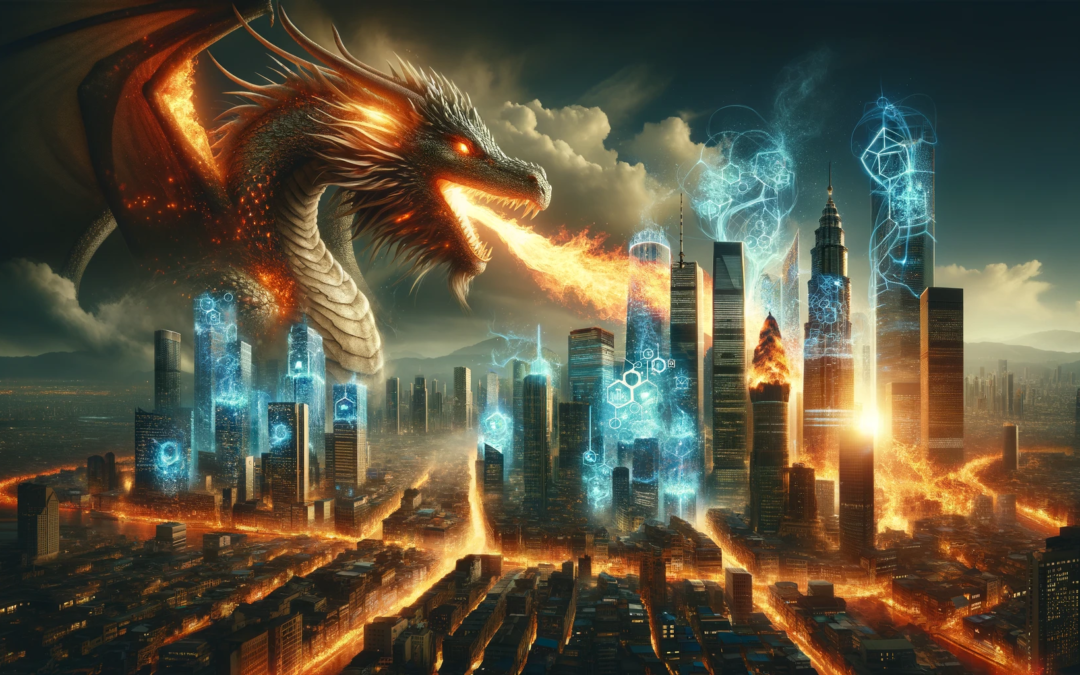
by Harold Fensky | Culture, Social Impact
The Year of the Dragon, a symbol of power, luck, and strength in many Asian cultures, particularly within the Chinese zodiac, has long been a subject of fascination and reverence. In considering its impact on the current state of the world, we delve into a nuanced...
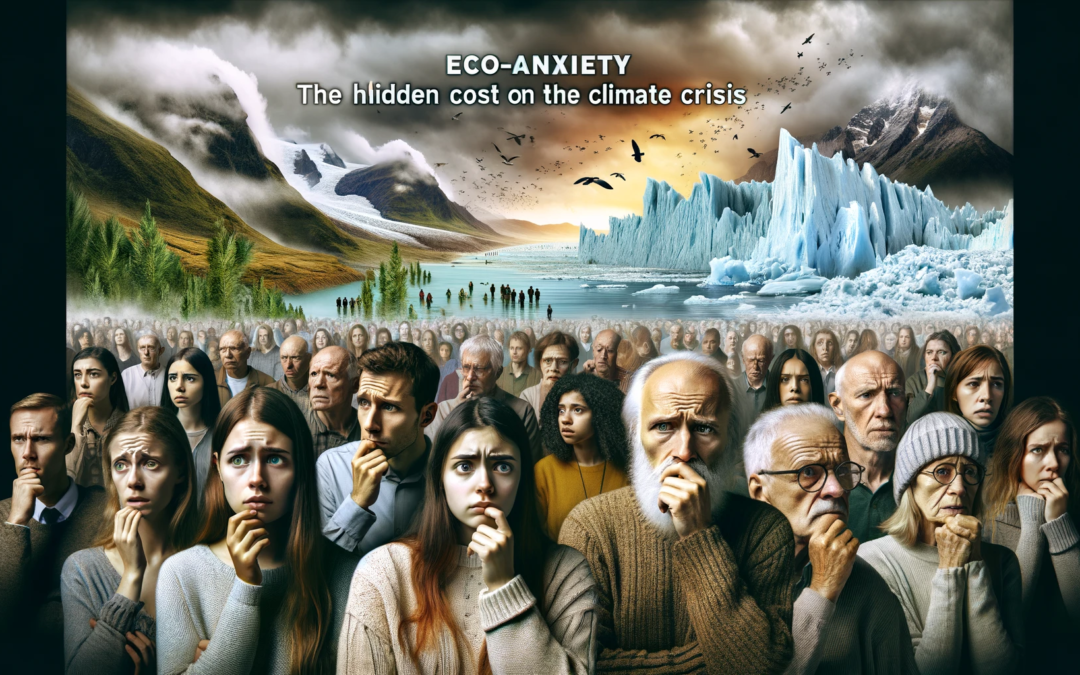
by Harold Fensky | Climate Change, Eco-Anxiety, Mental Health, Social Impact
In the frost-laden halls of the 2024 World Economic Forum in Davos, a discourse unfolded that resonated with the icy chill of the Swiss Alps yet blazed with a topic of global immediacy. The address by the Heritage President, a meld of foresight and prudence,...
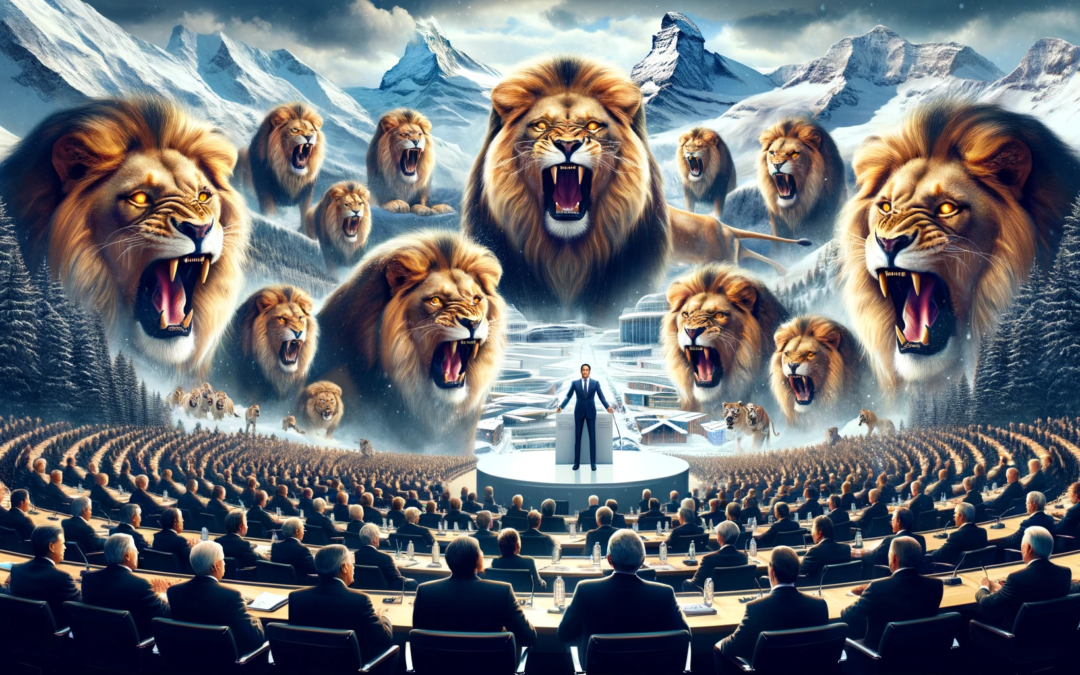
by Harold Fensky | Politics, Social Impact, World Economic Forum
In the snow-clad Swiss town of Davos, nestled among the towering Alps, the World Economic Forum (WEF) annually draws a mosaic of the world’s elite, a congregation of power and influence. Here, amid the shimmering reflections of corporate glass and political...

by Harold Fensky | Fashion and Design, Mental Health, Policy and Regulation, Psychology, Social Impact, Societal Analysis
Understanding Decolorization: More Than a Visual Trend In the tapestry of modern society, a subtle yet profound trend has been emerging: the movement towards decolorization. This trend, extending beyond mere fashion or aesthetic choices, reflects a deeper shift in...
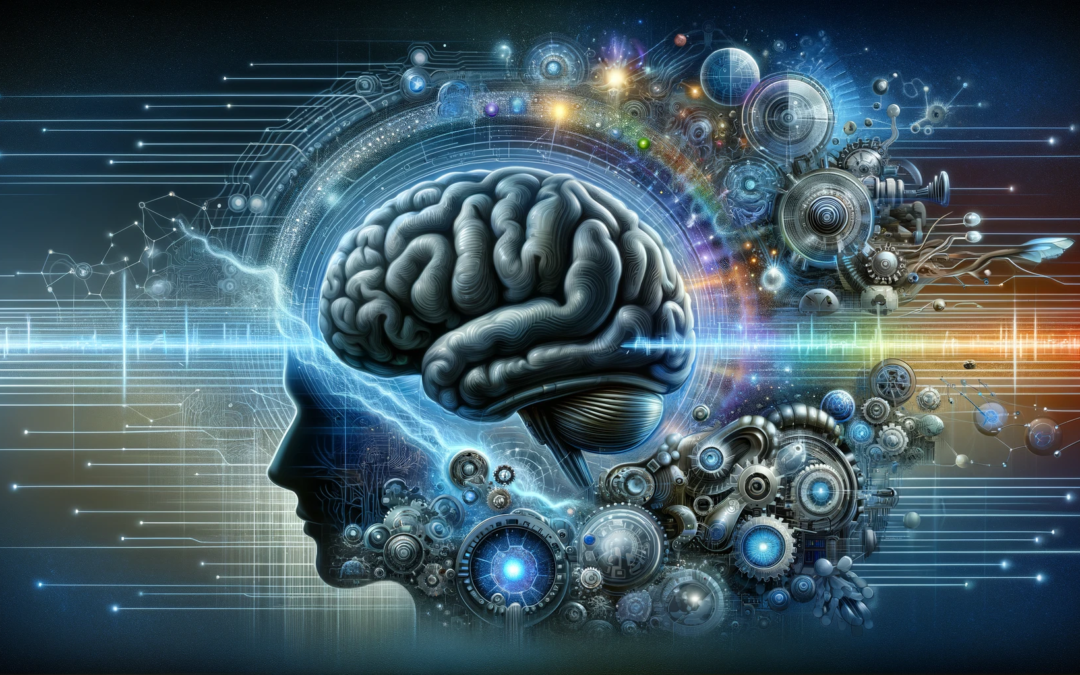
by Harold Fensky | Cognitive Enhancement, Ethical Dilemmas, Philosophical Perspectives, Social Impact
The human brain, a marvel of evolution, has long fascinated scientists and laypersons alike. Traditional beliefs held that humans only utilize a fraction of their brain’s potential, but modern neuroscience has debunked this myth, showing that we use most parts...
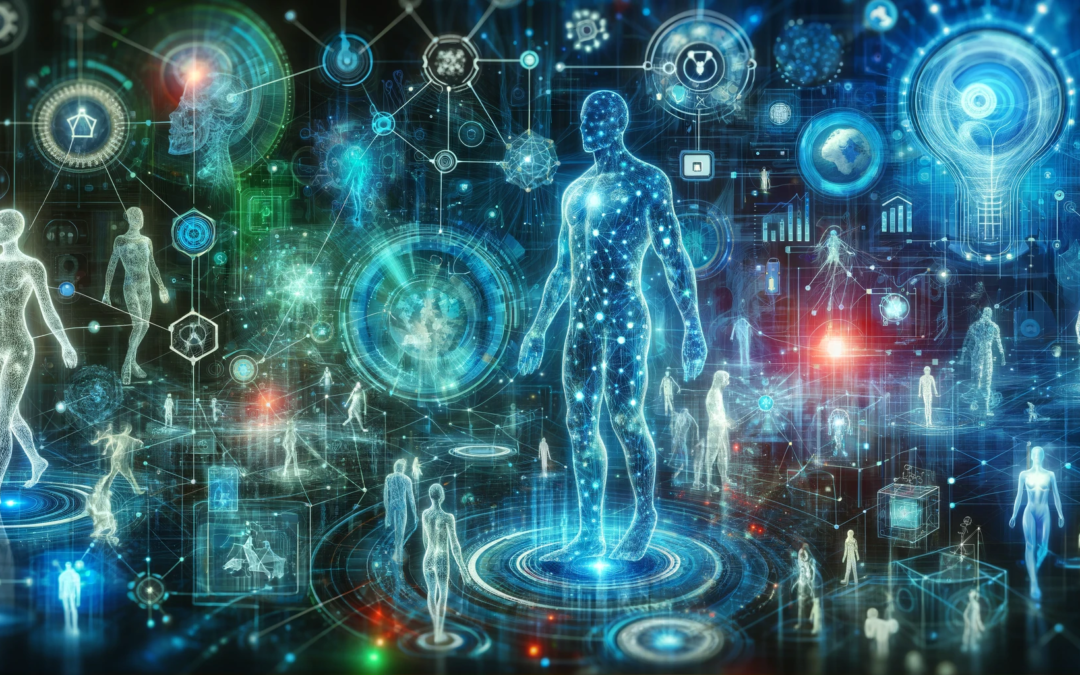
by Harold Fensky | AI Ethics, Biotech, Internet of Body, Philosophical Perspectives, Robotics, Social Impact, Technology
The Internet of Bodies (IoB) represents a new frontier in the evolution of the Internet of Things (IoT). It connects the human body to a network of devices, embedding technology directly into the human experience. This first part of our series introduces the concept...
















